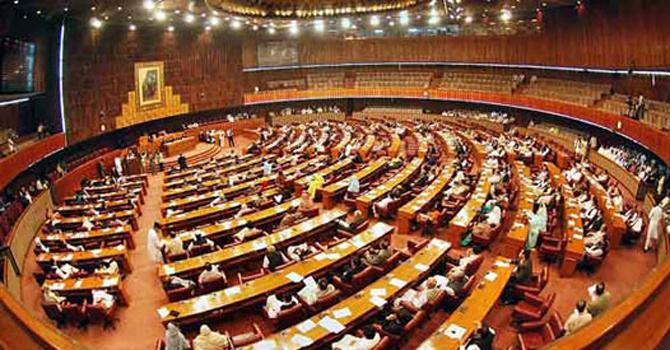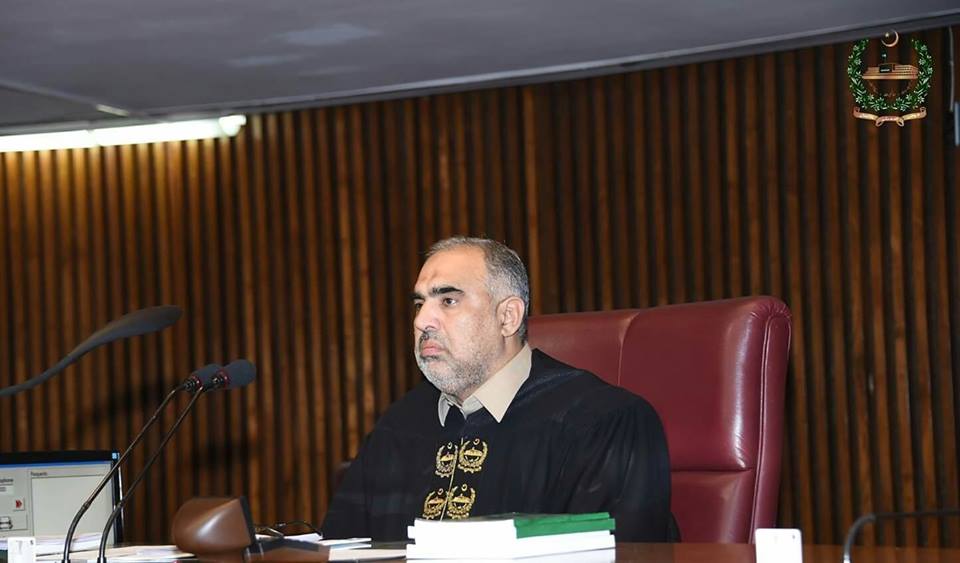مضمون کا ماخذ : LÔ ĐỀ
متعلقہ مضامین
-
مکاؤ ڈریم آفیشل انٹرٹینمنٹ پورٹل
-
PM invites Chinese companies to invest in Pakistan
-
Dar fails to implement poultry tariff policy
-
Rescue, relief operation continues in flood-hit Chitral
-
Qandeel murder case: Waseems Polygraph test shows contradiction
-
Sindh CM reminds officials of Jinnahs advice, bars unnecessary holidays
-
Interior ministry initiates verbal dispute with IHC
-
Pakistans boundaries are completely safe
-
Six killed, 22 injured in road accident near Kandhkot
-
69 Pakistanis detained in Saudi Arabia for terrorism: report
-
Customs seize phones worth 6 mn in Turbat
-
Underpass in Karachi named after legendary Sadequain













